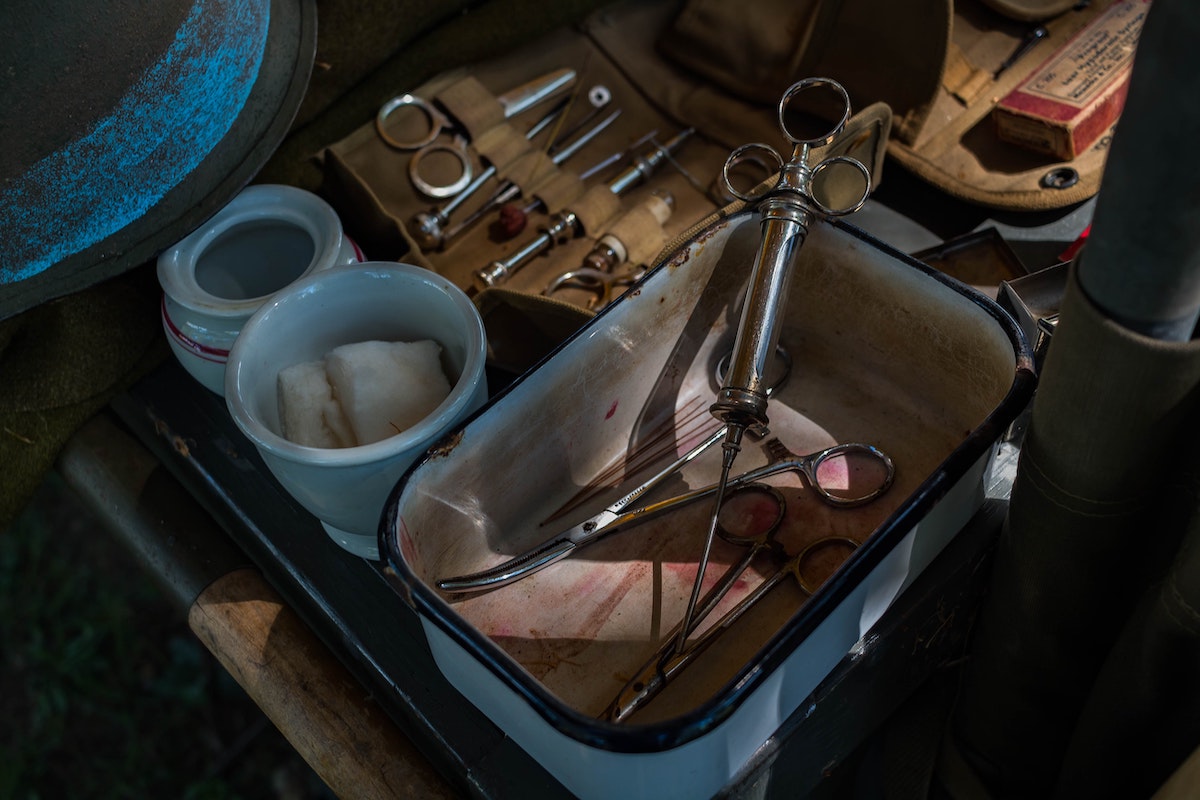Material selection is a crucial factor in the fabrication of medical equipment as it can significantly impact the performance and durability of the final product. Different material types exhibit varying properties, which can determine the suitability of a material in specific applications. Automotive plastic injection molding is a method commonly used in the fabrication of medical equipment, and the materials used in automotive plastic injection molding can offer valuable insights into material selection in medical equipment fabrication.
- Material Selection Factors and their Impact on Medical Equipment Performance
- Role of Automotive Plastic Injection Molding in Medical Equipment Fabrication
- Commonly Used Materials in Automotive Plastic Injection Molding with Implications for Medical Equipment Fabrication
- Importance of Material Selection in Medical Equipment Fabrication
Material Selection Factors and their Impact on Medical Equipment Performance
Material selection factors such as strength, flexibility, biocompatibility, and resistance to sterilization can determine the suitability of materials used in medical equipment fabrication. Understanding the impact of these factors on medical equipment performance can help manufacturers make informed material selections.
1. Strength
Strength is an essential factor in the selection of materials for medical equipment fabrication. Medical equipment may require high strength to withstand various stresses such as impact, torsion, and compression. Materials with high strength, such as metals, are commonly used in applications requiring high strength.
2. Flexibility
Flexibility is another factor to consider when selecting materials for medical equipment fabrication. Flexibility can be critical in the production of medical equipment components that require pliability to achieve the correct form, function, or fit. Materials such as polymers offer excellent flexibility, making them suitable for applications requiring bending or deformation.
3. Biocompatibility
Biocompatibility is a crucial factor in medical equipment fabrication, particularly for devices that will come into contact with human tissue or blood. Biocompatible materials ensure that the materials used in medical equipment fabrication do not elicit an immune response or cause an infection. Some of the materials commonly used in medical equipment fabrication include stainless steel, titanium, and polymers such as polyether ether ketone (PEEK).
4. Resistance to Sterilization
Sterilization of medical equipment is necessary to prevent infection or contamination. Materials that can withstand sterilization processes such as autoclaving or gamma irradiation are essential in medical equipment fabrication. Materials such as ceramics, metals, and some polymers have shown excellent resistance to sterilization.
Role of Automotive Plastic Injection Molding in Medical Equipment Fabrication
Automotive plastic injection molding is a cost-effective and efficient method used in the production of medical equipment components. The process involves injecting melted plastic into a mold, which solidifies into the desired shape. The use of automotive plastic injection molding in medical equipment fabrication offers several benefits, such as:
1. High Precision and Accuracy
Automotive plastic injection molding allows for the fabrication of high-precision and accurate medical equipment components. The process ensures that the final product is consistent in shape and size, making it easier to assemble and use.
2. Faster Production Times
Automotive plastic injection molding enables manufacturers to produce medical equipment components quickly. The process allows for the production of multiple components simultaneously, reducing production times significantly.
3. Cost-Effective
Automotive plastic injection molding is a cost-effective method of medical equipment fabrication. The process utilizes an automated process and requires less labor, leading to reduced costs.
Commonly Used Materials in Automotive Plastic Injection Molding with Implications for Medical Equipment Fabrication
The materials used in automotive plastic injection molding can offer valuable insights into material selection in medical equipment fabrication. Some commonly used materials in automotive plastic injection molding include:
1. Polypropylene (PP)
PP is a lightweight, flexible, and cost-effective material commonly used in automotive plastic injection molding. The material exhibits excellent resistance to chemicals and is easy to process. PP is also a biocompatible material and is suitable for use in medical equipment fabrication.
2. Acrylonitrile Butadiene Styrene (ABS)
ABS is another commonly used material in automotive plastic injection molding. The material offers excellent tensile strength, impact resistance, and thermal stability. It is also biocompatible and is suitable for use in medical equipment fabrication.
3. Polycarbonate (PC)
PC is a durable, transparent, and lightweight material that is commonly used in automotive plastic injection molding. The material exhibits excellent impact resistance, making it suitable for medical equipment that requires high strength. PC is also biocompatible and is suitable for use in medical equipment fabrication.
Importance of Material Selection in Medical Equipment Fabrication
Material selection is a crucial factor in medical equipment fabrication as it can significantly impact the performance and durability of the final product. An inappropriate material selection can lead to a product’s failure, resulting in possible injury or death. The right material selection for medical equipment can also improve patient outcomes, reduce equipment failure, and save lives.
Conclusion
In conclusion, material selection is a crucial factor in the fabrication of medical equipment. Manufacturers must consider several factors when selecting materials, such as strength, flexibility, biocompatibility, and resistance to sterilization. Automotive plastic injection molding is a cost-effective and efficient method used in medical equipment fabrication. The materials commonly used in automotive plastic injection molding, such as polypropylene, acrylonitrile butadiene styrene, and polycarbonate, offer valuable insights into material selection in medical equipment fabrication. Manufacturers must make informed material selections to ensure the performance and durability of medical equipment.




